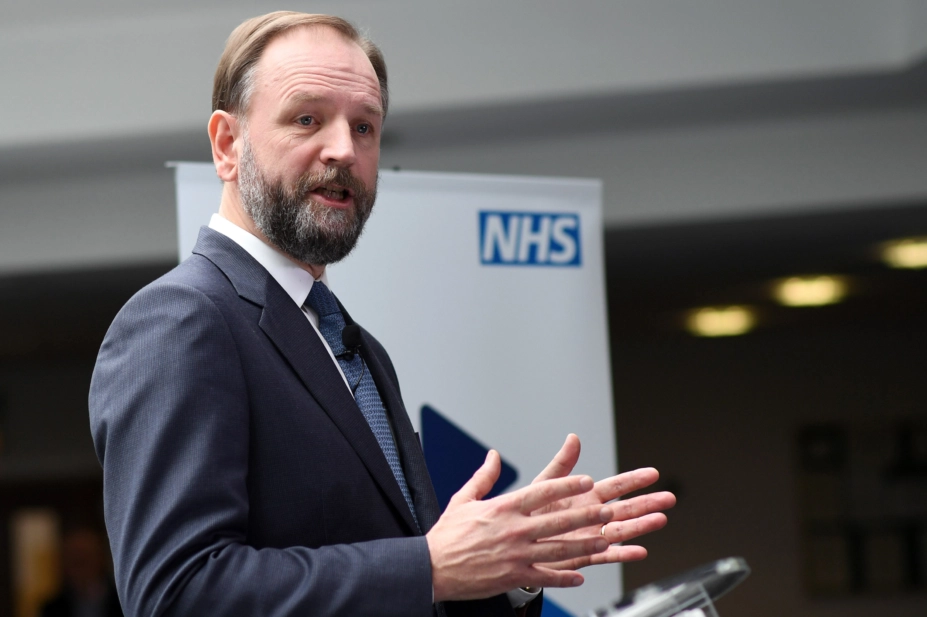
Stefan Rousseau/PA Archive/PA Images
Pharmacists could be able to retrain as doctors on a fast-tracked course following the UK’s exit from the EU, the government has confirmed.
In a statement published on 9 February 2020, the Department of Health and Social Care said it is reconsidering a “flexible” approach to medical training.
The move would mean pharmacists would not have to undertake 5,500 hours of training over a minimum of five years to become a doctor, under requirements set by the EU.
The plans were first hinted at by Simon Stevens, chief executive of NHS England, during NHS England’s Health and Care Innovation Expo held in Manchester on 4 September 2019.
The statement said that the “newly designed courses could take into account existing qualifications, training and experience, making it easier and quicker for existing healthcare professionals, such as physiotherapists or pharmacists to train as doctors”.
It added that the plans will “contribute to the government’s ongoing recruitment commitment” of adding 6,000 GPs to the NHS workforce by 2025.
However, the Royal Pharmaceutical Society previously said on 31 January 2020 that encouraging pharmacists to retrain as doctors could make recruiting pharmacists into primary care networks “even more of a challenge”, instead calling for “a strategic approach to workforce planning to avoid adding further pressures on already hard-working frontline staff”.
Chaand Nagpaul, chair of the British Medical Association council, said the current training requirements are “hugely important in developing confident and highly capable doctors given the complex and life-changing decisions they make, often in highly pressurised situations”.
“We believe that training doctors in less time than we do now will compromise their education and reduce the quality and comprehensiveness of patient care,” he added.
Matt Hancock, health and social care secretary, said: ”Without being bound by EU regulations, we can focus on ensuring our workforce has the necessary training which is best suited to them and their experience, without ever compromising on our high standards of care or on patient safety.
“The plans we are setting out today mean that we can retrain healthcare workers and get them back to the frontline faster.”
Article 24 of EU Directive 2005/36/EC sets out the requirements for basic medical training, which “shall comprise of a total of at least five years of study” and “5,500 hours of theoretical and practical training provided by, or under the supervision of, a university”.
The potential changes to medical training for pharmacists comes as a General Pharmaceutical Council consultation document on inital education and training standards for pharmacists, published in January 2019, stated that pharmacy training requirements “may change depending on the outcome of Brexit negotiations”.
Under the EU directive, pharmacy training must include “four years of full-time theoretical and practical training” followed by a “six-month traineeship” in a pharmacy or hospital.


